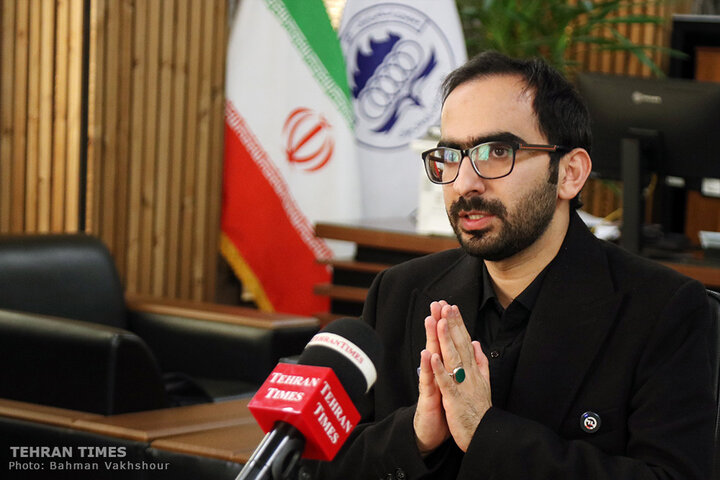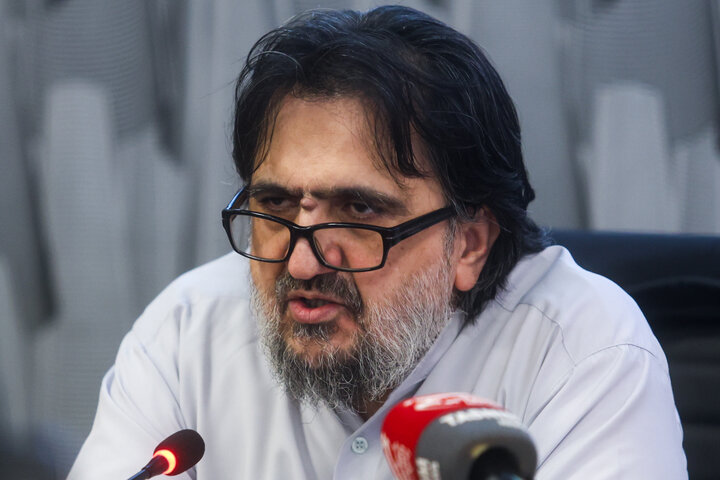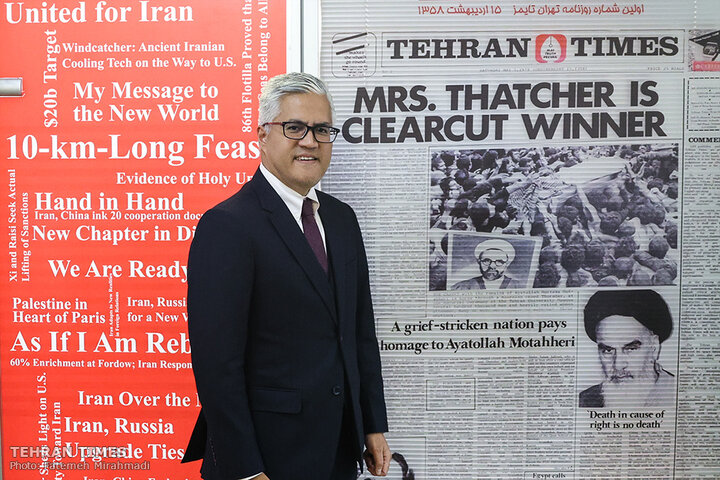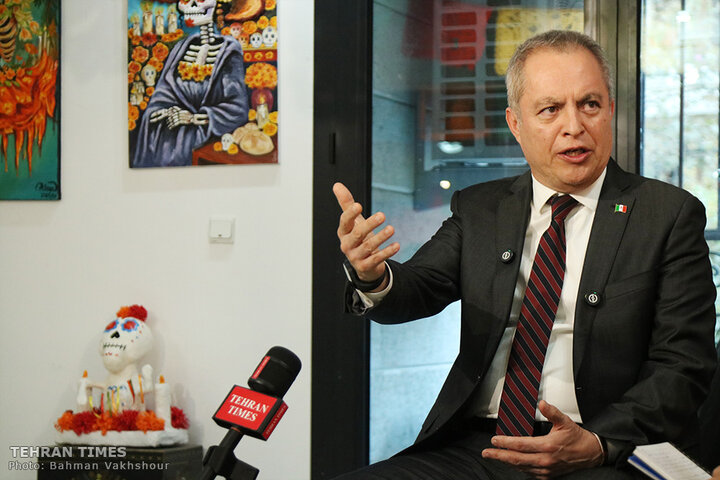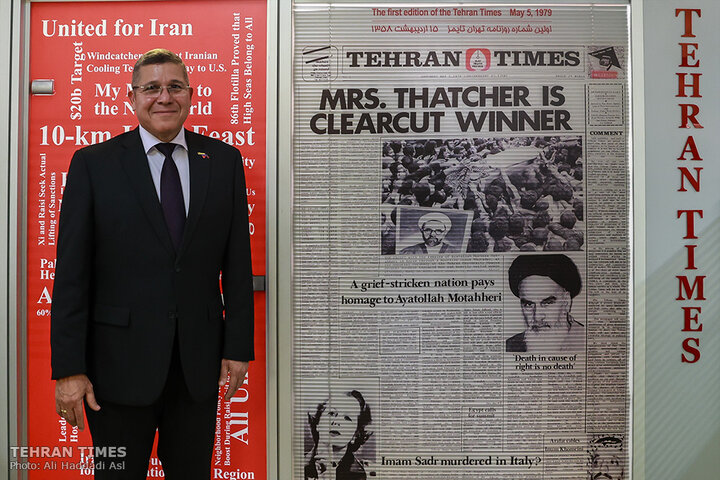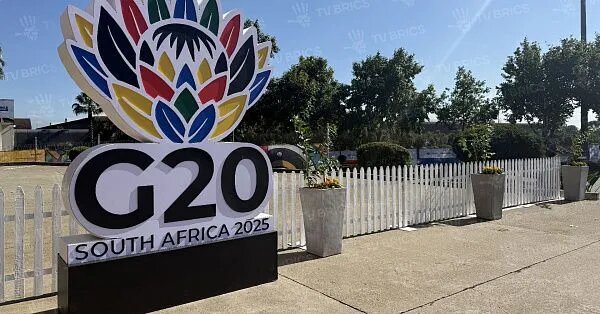-
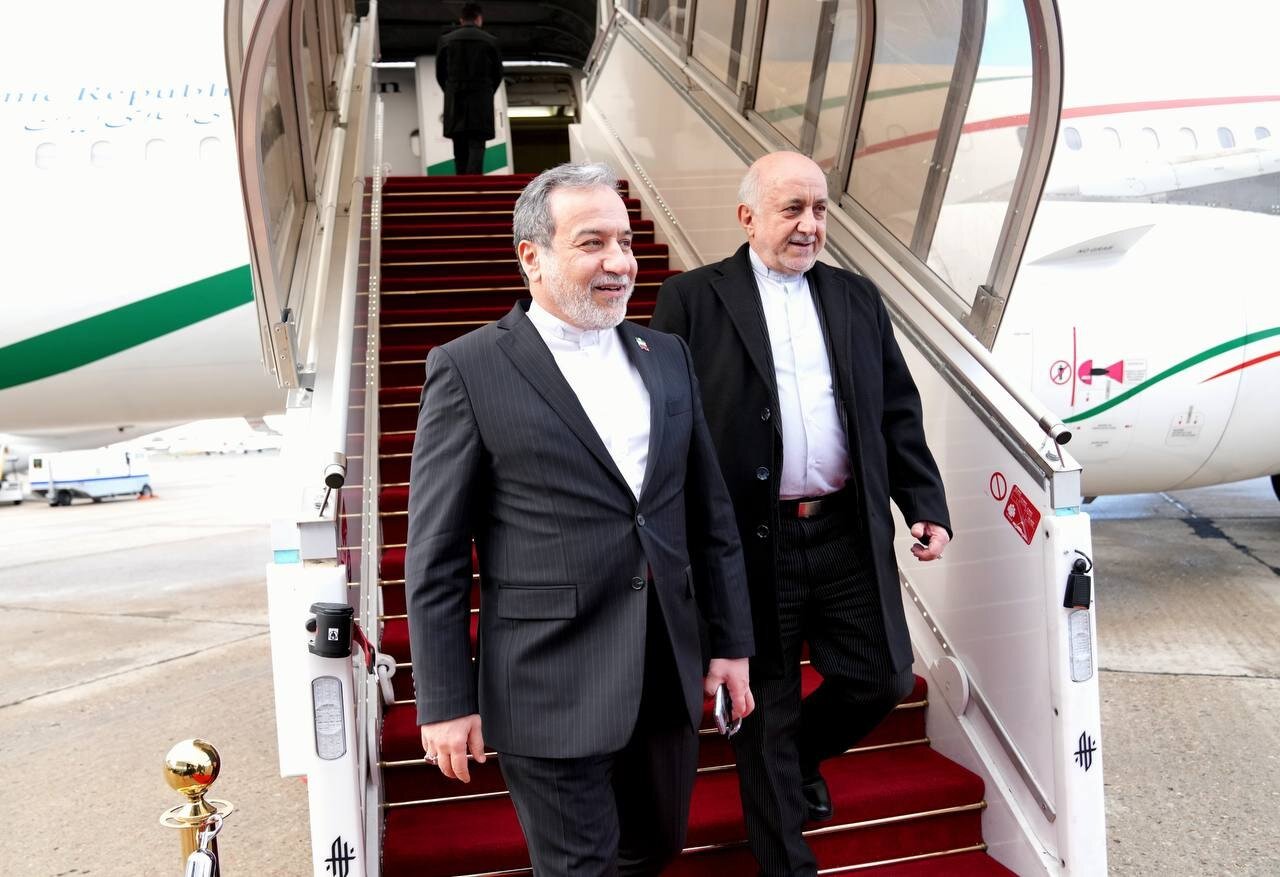 2025-11-26 21:41
2025-11-26 21:41
By Mona Hojat Ansari
Iran's active diplomacy despite West's bad faith
Araghchi arrives in Paris for discussions on regional issues, bilateral relations, and the nuclear challenge
TEHRAN – Iranian Foreign Minister Abbas Araghchi arrived in Paris on Wednesday, attempting diplomacy amidst a dangerously escalating crisis where his country and the wider region have been subjected to an unrelenting vise imposed by the West, fuelling a growing conviction across West Asia, after almost two years of failed diplomatic efforts, that a more heavy-handed response is required against the Europeans, the Americans, and their sponsored proxy, Israel.
-

By Shahrokh Saei
China’s pivotal role affirmed in Xi’s ‘Palestinians governing Palestine’ message
TEHRAN – Chinese President Xi Jinping’s remarks on the International Day of Solidarity with the Palestinian People highlight China’s constructive role in Middle Eastern diplomacy.
-

By Sondoss Al Asaad
The unfailing reservoir behind Hezbollah
BEIRUT — For decades, the United States and Israel have repeatedly wagered that relentless pressure would erode the resolve of those loyal to the Resistance.
-
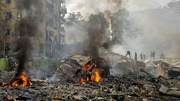
By Sahar Dadjoo
Israel’s Beirut strike exposes collapse of international law, Lebanese analyst warns
Adnan Alameh says UN and global powers have failed to enforce the truce agreement, leaving Lebanon vulnerable to repeated raids
TEHRAN – The recent Israeli strike on Beirut nearly a year after the ceasefire with Hezbollah has raised urgent questions about the effectiveness of international law and the enforcement of UN resolutions in Lebanon. For Adnan Alameh, a Lebanese political analyst, the incident reflects not only Israel’s strategic ambitions but also the broader failure of the international community to restrain violations of sovereignty.
-

By Silvina Pachelo
Exported war: How Israel turned Latin America into its silent laboratory
BUENOS AIRES — In a world increasingly fragmented, exports are no longer limited to soy, lithium, or energy. Israel, home to one of the planet’s most advanced military industries, exports something different: security. A word that, in practice, encompasses surveillance technologies, population control, and conflict management developed in contexts of occupation and permanent tension.
-

IRGC seizes haul of military devices belonging to terrorists
TEHRAN – The Islamic Republic of Iran’s Guards Corps (IRGC) has confiscated large quantities of anti-security items from “anti-revolutionary groups”, a term the military uses to describe anti-Iran elements funded by Israel or the West.
Politics
-
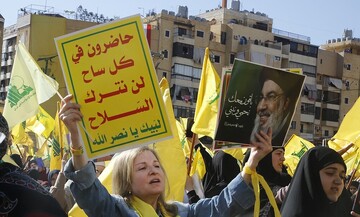
Hezbollah now ‘more vital than ever’, says Leader's aide following Israeli truce violations
TEHRAN – Ali Akbar Velayati, Senior Advisor to the Leader of the Islamic Revolution on International Affairs, said Israel’s latest attacks on Lebanon demonstrate more clearly than ever the vital role of Hezbollah in safeguarding the country’s security and territorial integrity.
-

Iran’s deputy FM hails close Iran-Tajikistan cooperation after Dushanbe visit
Iranian Deputy Foreign Minister for Political Affairs Majid Takht-Ravanchi says Iran and Tajikistan enjoy strong bonds of friendship rooted in deep cultural and historical commonalities, and that both sides are determined to build on the shared foundations to further enhance mutual ties.
-
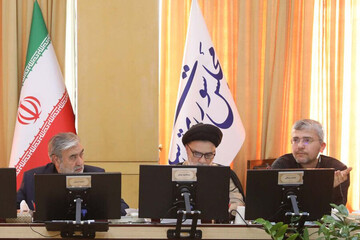
Parliament committee reviews anti-infiltration bill, approves amended clauses
TEHRAN – The spokesperson for the Iranian Parliament’s National Security and Foreign Policy Committee said the committee has reviewed the “Bill to Counter Foreign Infiltration” in a session attended by representatives from key security agencies, approving several amended provisions.
Sports
-

Iran beat Palestine in AFC U17 Asian Cup 2026 qualifier
TEHRAN - Iran came from behind to defeat Palestine 3-1 in their AFC U17 Asian Cup Saudi Arabia 2026 Qualifiers Group D tie on Friday.
-
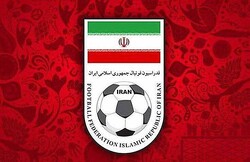
Iran not to attend 2026 World Cup draw
TEHRAN – Iran's football federation will not attend the 2026 FIFA World Cup draw after two top officials were denied visas.
-
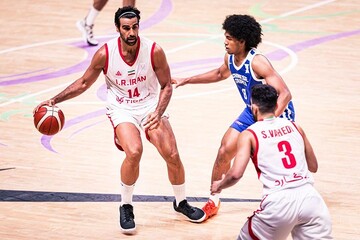
Iran rout Iraq at FIBA World Cup 2027 Asian qualifier
TEHRAN - Iran made sure to make a lasting first impression in the FIBA Basketball World Cup 2027 Asian Qualifiers by raining 19 three-pointers in their opening game against Iraq to win 94-68.
Culture
-

Fajr International Film Festival kicks off with 14 films competing for Crystal Simorgh awards
TEHRAN – The 43rd Fajr International Film Festival (FIFF) kicked off on November 26 in Shiraz, Fars Province, with 14 films vying for Crystal Simorgh awards in the international competition section.
-

Persian-speaking poets from around the world invited to participate in Fajr Intl. Poetry Festival
TEHRAN- The call for the 20th edition of Fajr International Poetry Festival has been announced, aiming to introduce and recognize young poets of our beloved homeland and to foster empathy and solidarity among Persian-speaking communities worldwide.
-

“One Battle after Another” goes on screen at Tehran cultural center
TEHRAN- “One Battle after Another”, a 2025 action thriller film by American filmmaker Paul Thomas Anderson, went on screen at the Arasbaran Cultural Center in Tehran on Wednesday.
Economy
-

Iranian trade mission eyes industrial revival, investment opportunities in Cuba
TEHRAN – An Iranian business delegation has opened discussions in Havana on a series of potential investment projects aimed at reviving Cuba’s stalled industrial capacity, expanding bilateral trade and strengthening cooperation in key sectors ranging from sugar and cement to mining, steel and pharmaceuticals.
-

Iran, Afghanistan discuss ways to remove barriers in mutual trade
TEHRAN- Iran’s minister of industry, mining, and trade, during a meeting with his Afghan counterpart in Istanbul, emphasized the removal of trade barriers between the two countries.
-
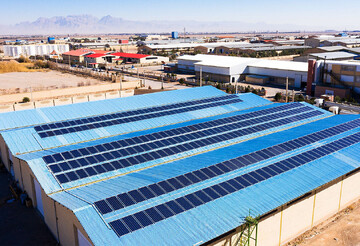
Industrial parks, new players in energy optimization
TEHRAN- The Director General of the Office for Coordination, Design, Measurement, and Validation of the Renewable Energy and Energy Efficiency Organization (SATBA) stated: Industrial estates can benefit from the advantages by participating in consumption optimization plans and receiving energy saving certificates.
Society
-
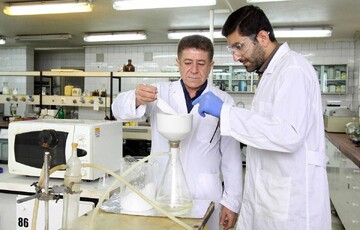
Over 1,140 Iranians among world’s 1% most-cited researchers
TEHRAN –A total of 1,142 Iranian researchers have been recognized among the world’s top one percent most-cited researchers in 2025, compared to 1,056 identified researchers in 2024, according to the Islamic World Science Citation (ISC) Institute.
-
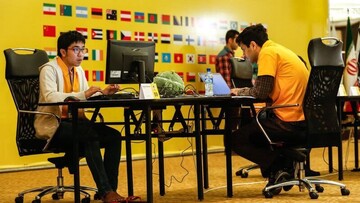
Rayan intl. AI, programming contest wraps up
TEHRAN – The final round of the Rayan international artificial intelligence and programming contest was held on Friday at Sharif University of Technology in Tehran, with participants from 25 countries.
-
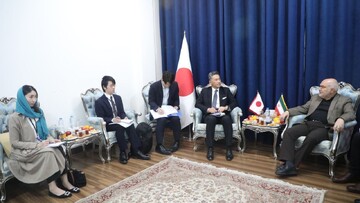
Japan ready to implement environmental projects in Khuzestan
TEHRAN – Japanese Ambassador to Iran, Tamaki Tsukada, has voiced his country’s readiness to implement environmental protection projects in the southwestern Khuzestan Province, particularly in areas related to water and waste management.
Tourism
-
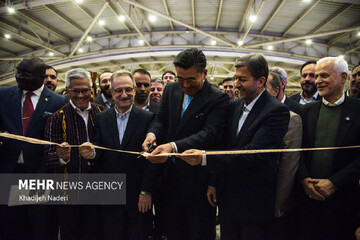
Isfahan opens intl. tourism exhibition, officials say event marks new phase in sector
TEHRAN – Officials in Iran’s central province of Isfahan said on Tuesday that the 15th Isfahan International Exhibition of Tourism, Handicrafts and Hoteling would help launch a new phase in the region’s tourism development.
-
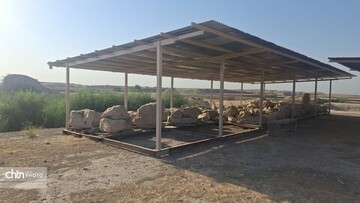
UNESCO-listed Susa completes protection work on 253 Apadana Palace remains
TEHRAN – Conservation teams in the UNESCO-registered Susa have completed a project to safeguard and protect 253 architectural remains from the Achaemenid-era Apadana Palace, the head of the Susa World Heritage base said on Tuesday.
-
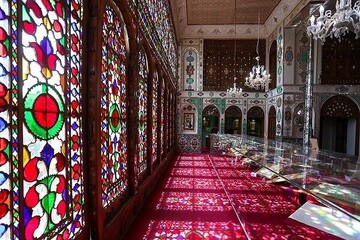
National Museum to host conference on human living spaces
TEHRAN – The National Museum of Iran is scheduled to hold a national conference on human living spaces on Feb. 15, 2026.
International
-

China’s pivotal role affirmed in Xi’s ‘Palestinians governing Palestine’ message
TEHRAN – Chinese President Xi Jinping’s remarks on the International Day of Solidarity with the Palestinian People highlight China’s constructive role in Middle Eastern diplomacy.
-

The unfailing reservoir behind Hezbollah
BEIRUT — For decades, the United States and Israel have repeatedly wagered that relentless pressure would erode the resolve of those loyal to the Resistance.
-

Exported war: How Israel turned Latin America into its silent laboratory
BUENOS AIRES — In a world increasingly fragmented, exports are no longer limited to soy, lithium, or energy. Israel, home to one of the planet’s most advanced military industries, exports something different: security. A word that, in practice, encompasses surveillance technologies, population control, and conflict management developed in contexts of occupation and permanent tension.
Video Comment
-

Academics analyze social dimensions of Resistance in Tehran conference
-
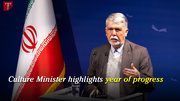
Culture minister highlights year of progress in arts, global image enhancement
-

Gazan Journalists attacked by Israel
-

Brother of Iranian scientist murdered in Israeli strike speaks out
-
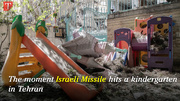
Footage shows Israel hit a kindergarten in Tehran
Most Viewed
-
Iran's active diplomacy despite West's bad faith
-
IRGC seizes haul of military devices belonging to terrorists
-
Exported war: How Israel turned Latin America into its silent laboratory
-
China’s pivotal role affirmed in Xi’s ‘Palestinians governing Palestine’ message
-
The unfailing reservoir behind Hezbollah
-
Israel’s Beirut strike exposes collapse of international law, Lebanese analyst warns
-
Hezbollah now ‘more vital than ever’, says Leader's aide following Israeli truce violations
-
Private sector ready to play a more active role in Iran-China commercial co-op: TCCIMA head
-
Iran, Turkey emphasize expansion of trade ties
-
Iran–Pakistan trade should undergo reforms to ensure stability and growth
-
Cuban president invites Iranian food brands to Cuban chain stores
-
Iran’s deputy FM hails close Iran-Tajikistan cooperation after Dushanbe visit
-
Citizens and officials mark Basij Day with large ceremony
-
Parliament committee reviews anti-infiltration bill, approves amended clauses
-
Iran beat Panama at 2025 Futsal Women’s World Cup
